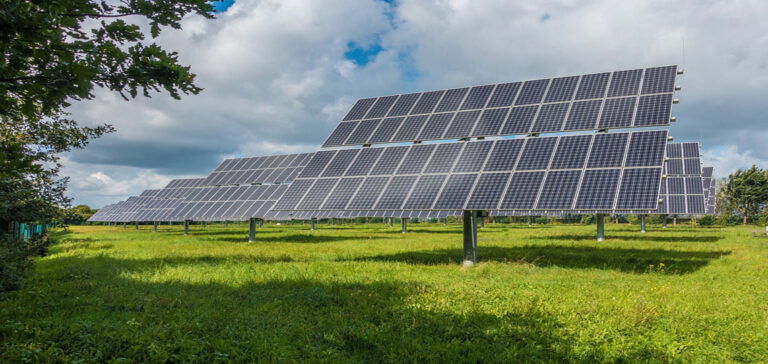Europe’s energy transition must be accelerated to maintain its position as a global industrial power. Last Friday, at a special meeting at the IEA in Paris, several leading institutions issued an urgent appeal to governments, industry and the financial sector.
Europe and international competition in clean energy
Investment in Europe’s energy transition remains hampered by policy uncertainty, slow permitting procedures, particularly in renewable energies, and high energy costs for businesses. The leaders of these institutions stressed the need to mobilize the private sector and provide unambiguous clarity on the commitment to the green transition.
Mobilizing the Private Sector: Key to the Success of Europe’s Energy Transition
EIB President Werner Hoyer said: “We cannot leave any doubt about our commitment. Talk of softening or pausing the green transition can only create confusion. Too many projects are bogged down in bureaucracy, and we simply don’t have the time for that.”
The stakes are high, because until the energy transition is complete, Europe will remain vulnerable to fluctuations in fossil fuel prices controlled by foreign powers. At present, electricity and gas prices in Europe remain 2.5 times higher than their historical average, putting a strain on European industries employing nearly 10 million people.
Clean energy production: massive investment in Europe
Fatih Birol, Director of the IEA, stresses that Europe needs to draw up a new industrial plan if it is to remain competitive. He insists that staying in survival mode won’t be enough.
To secure its position in this new industrial era of clean energies, Europe needs to find its niche in the production of electrolyzers for decarbonated hydrogen, low-carbon steel, heat pumps and other key areas. This strategy must be stable, and Europe must avoid the mistakes of the past, such as the withdrawal from the photovoltaic industry 25 years ago, which allowed China to dominate the sector.
The IEA meeting also addressed the financial tools and public policies needed to mobilize the substantial funding required for this transition. Christine Lagarde warned that procrastination would increase the final bill and lead to considerable losses for the most vulnerable banks. She pointed out that, although many companies in the eurozone have invested or are planning to invest in pro-climate projects, the cost of financing remains a challenge.
It is imperative to further stimulate the green finance market, as Christine Lagarde argues, advocating the creation of a Capital Markets Union to facilitate such investments.






















